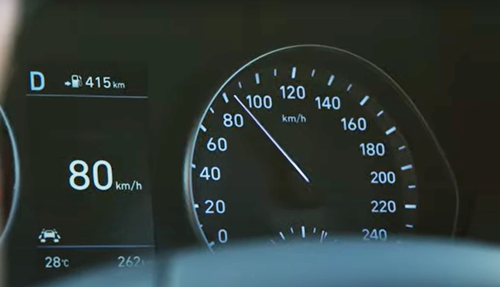Candleflame
Active Member
I don’t think that rules and regulations that protect individuals from harm and from ill-considered, ill-informed or poorly judged risk-taking is a “nanny” state, but the actions of a responsible society and its government to protect the greater good.
@meloccom’s post is a good reminder of why many of these rules exist.
thats nonsense because the government is very happy to impose a lot of restrictions on drivers but when it really matters i.e. shitty behaviour, unsafe vehicles, unsafe driving they just dont care.



